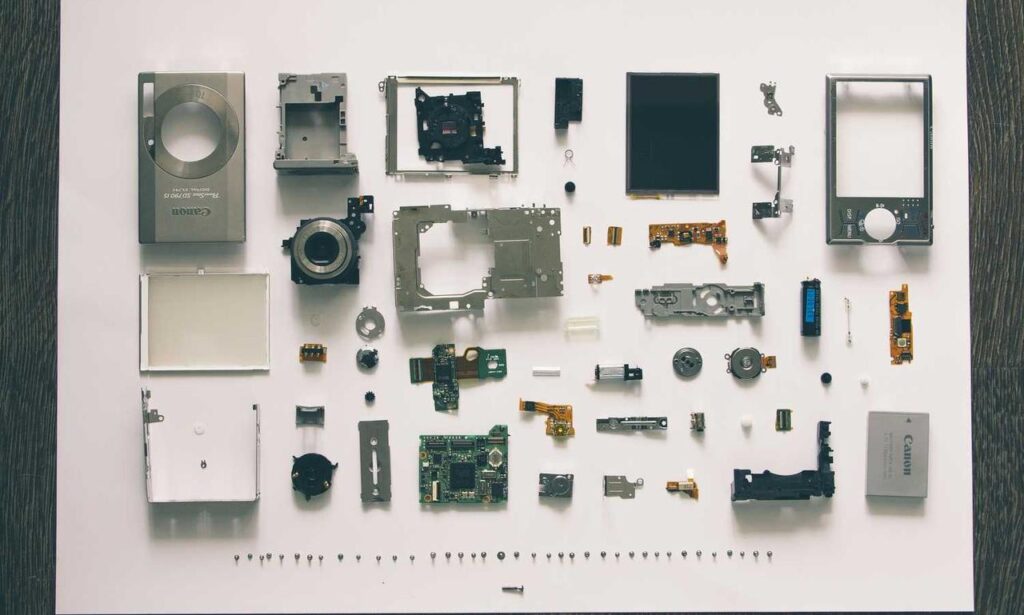8323256516: Breaking Down the Digits
Let’s get tactical. The area code 832 is based in Houston, Texas. So straight out of the gate, it’s likely whoever owns or used 8323256516 is located in or around the Houston metropolitan area. But location’s only part of the picture.
This number has been pinging on several reversephone lookup databases, gaining attention for being linked to a string of cold calls and possible spam. That’s a flag—not proof of malicious behavior, but enough reason to pause before calling back or responding to texts.
Why You Might Be Getting a Call from 8323256516
There are a few common reasons a number like this one shows up on your screen:
Telemarketing Campaigns: Automated systems dialing hundreds of numbers a day. You pick up, hear a pause, and then a representative—or worse, a robotic voice—starts the pitch. Phishing Scams: Pretending to be from your bank or Amazon, trying to get information like your credit card number or login credentials. Wrong Number: Sometimes it’s truly just a misdial. But when it happens repeatedly from the same number, it’s more strategy than mistake. Spoofing: Another possibility is the number 8323256516 isn’t calling you at all. Scammers often spoof local numbers so you’re more likely to pick up. The real owner might not even know their number is being used.
What to Do If You Receive a Call or Text from 8323256516
First step—don’t panic. But don’t answer either, at least not immediately. Take a moment and follow a simple checklist:
- Search Online: Odds are, if others are getting calls or messages from this number, there will be online chatter. Forums, scam alert sites, and call review platforms will usually have logs.
- Use Reverse Lookup Tools: Websites like TrueCaller or Whitepages can help verify if it’s associated with a business or scam report.
- Block the Number: If after your search you’re still unsure, block it. Most smartphones have builtin options to do so.
- Report It: If it’s spam or appears malicious, report it to the FTC or your local equivalent. It helps track patterns and bring down scam networks.
- Don’t Engage: Never respond to texts from unknown numbers asking for personal information or offering something “too good to be true.”
How to Protect Yourself from Unknown Numbers
When technology is both tool and threat, some basic habits go a long way:
Don’t answer calls from numbers you don’t recognize. Look for a voicemail. Legitimate callers usually leave one. If they text with a suspicious link, don’t click it. Enable spam call detection features on your smartphone. Register your number on national or regional Do Not Call lists.
Sure, even with all this, a number like 8323256516 might still get through. But now you’re not operating blind.
When Should You Actually Call Back?
Short answer: rarely. Unless the voicemail gave clear context—a name, company, and a reason—it’s not worth the risk. If the number claims to be from a business, you can:
Google the business and call the official number listed, not the one that contacted you. Email their support or customer service to confirm any outreach. Never return the call directly if they demanded sensitive data or money.
The Bigger Picture: What This Says About Modern Communication
Receiving sketchy calls from numbers like 8323256516 is less about paranoia and more about pattern recognition. People need to be smart and skeptical because the scammers have become smarter too.
Phones used to be about connection. Today, they’re also about caution. Every unknown number is a minidecision point—you answer, ignore, research, or block. That’s the reality of the digital age.
Staying alert means you’re less likely to get tripped up by phishing calls, identity theft, or financial scams. Yet, there’s another side to it—sometimes it’s just a real person calling with a genuine reason. That’s why it’s good to verify and not just dismiss every unknown number outright, though most won’t be worth your time.
Wrapping Up: Keep the Number, Lose the Anxiety
Signal through noise—that’s the goal here. Numbers like 8323256516 will keep dialing. But with some basic digital defense and a healthy dose of skepticism, they don’t need to take your time, focus, or data.
Save your attention for what matters. Let your phone’s spam filters, common sense, and quick research handle the rest.




